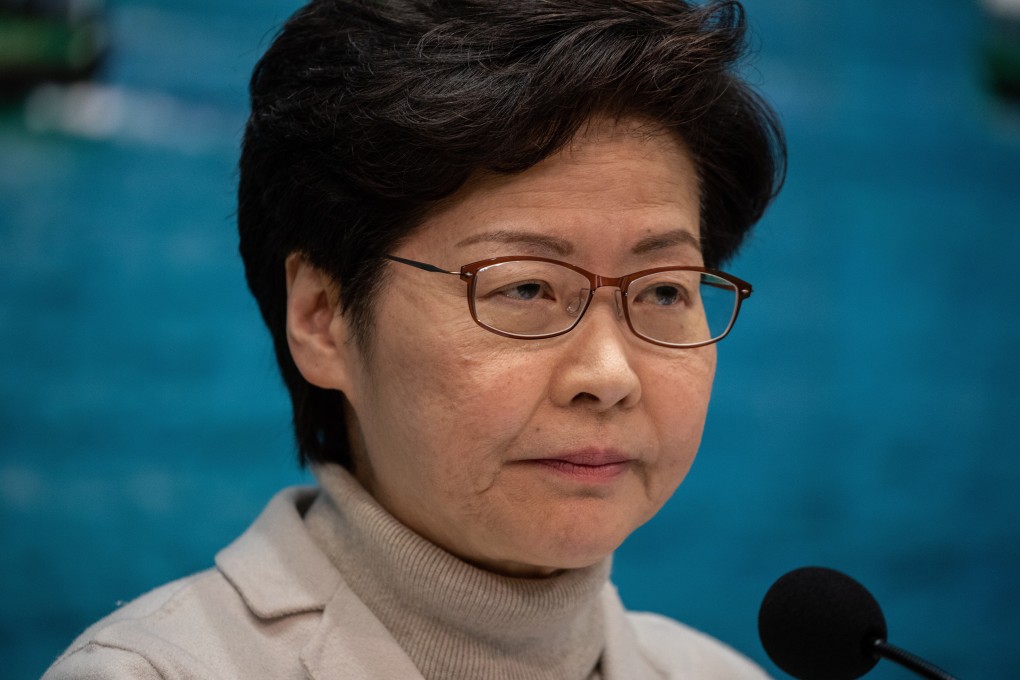Editorial | Self-censorship a result of uncertainty about national security law
- Greater clarity is needed on the application of the law to reassure Hongkongers about promises that their cherished rights and freedoms will be maintained

More worrying, however, is evidence that uncertainty about the scope and reach of the new law is prompting self-censorship. This undermines freedoms in a more insidious way. Such a climate can even undermine “one country, two systems”.
For example, on August 1 RTHK, a public broadcaster under the Department of Commerce and Economic Development, removed from its website and its YouTube account a current affairs programme on the postponement of the Legislative Council election that featured self-exiled activist Nathan Law Kwun-chung, among scholars and politicians. The programme had aired on Channel 31 on July 31. It was pulled the same day the Post quoted a police source as saying Law was one of seven on a wanted list under the new law.
More pernicious in terms of erosion of freedoms is a decision by an international pollster to withdraw six questions from a survey commissioned by a Chinese University academic. Two concerned the security law – whether Hongkongers thought it had damaged freedoms or was needed to protect the city – and the other four were about the government’s Covid-19 policies and police and human rights. The pollster acted on private legal advice.
This raises questions such as whether Hongkongers’ opinions can still be measured freely on issues of legitimate public interest and whether they can express them freely without fear. These issues go to the heart of our freedoms.
